Water Pipe Corrosion and How it Can Affect Your Health
Rusted pipes can affect your health in a lot of ways but worry not! This blog will help you identify rusty pipes and fix them!
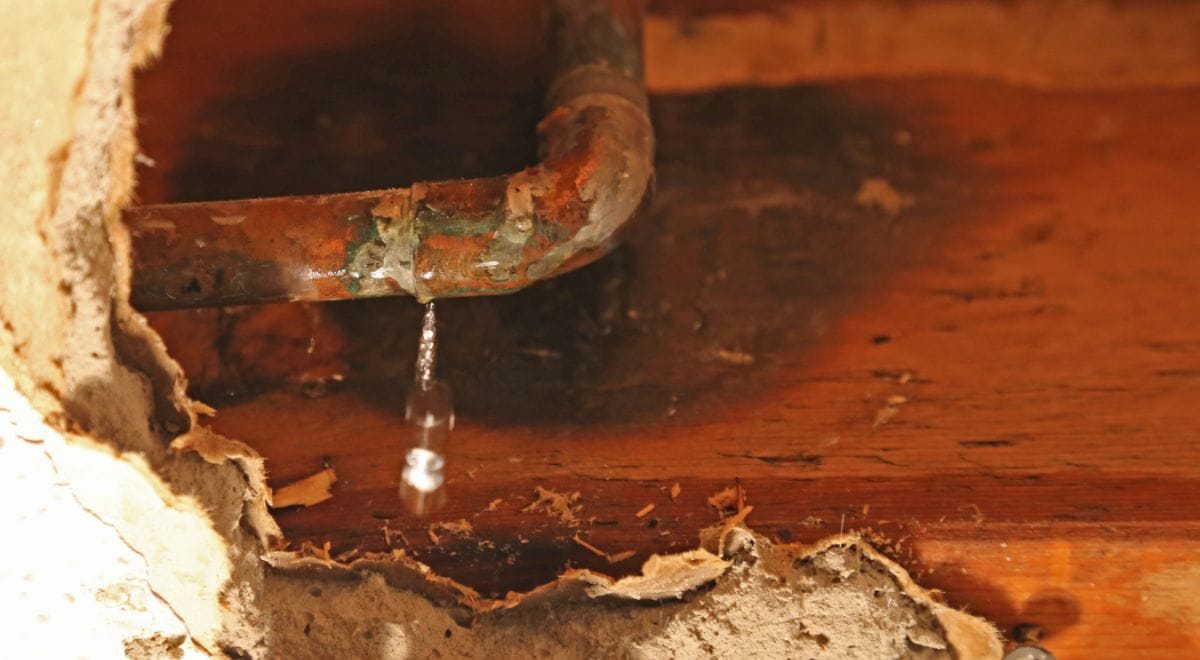
You begin your day by filling water in your bottle to keep you hydrated. But, how often do we think the water we get from your taps is risk-free? You might have a purification system fitted in your water tank, but if the pipes that carry this water are rusted, it will cause many potential problems with your health and overall water supply. Ask yourselves these questions... How can you identify this problem, how do you fix this problem, and more importantly, are your friends real?
Well, we have the answers to the first and second questions in this blog, the last one is for you to figure out.
Identifying Corrosion in Your Pipes
Make sure there is a problem with your pipes before hiring professionals to fix it. Below are the major signs that you must look out for that scream, "YOUR PIPES NEED HELP!":
1) Rust is visible:
Look for any visible signs of corrosion in your pipes. Steel pipes if not maintained are prone to rusting in a short period. Any stains on the walls around the pipes, discoloration, and visible rust are all signs that indicate corrosion.
2) Significant change in water quality:
The water that comes out of these pipes can tell its own story about any possible rust in places you cannot see. Changes in the color, taste, or smell of your tap water can mean that there is corrosion in one or multiple spots along the pipe. It is not a good idea to ignore these changes in your water. Get it fixed.
3) Lower water pressure:
Water from the taps has a steady flow unless something is obstructing it. Reduced water pressure might indicate corrosion in the pipes and it is time for you to do an inspection. Although, before checking your pipes, make sure the faucet is not the cause of the blockage.
4) Testing:
Regularly test your water for any contaminants or bacteria to make sure there is no rust in it and also to identify any other underlying problems regarding water quality.
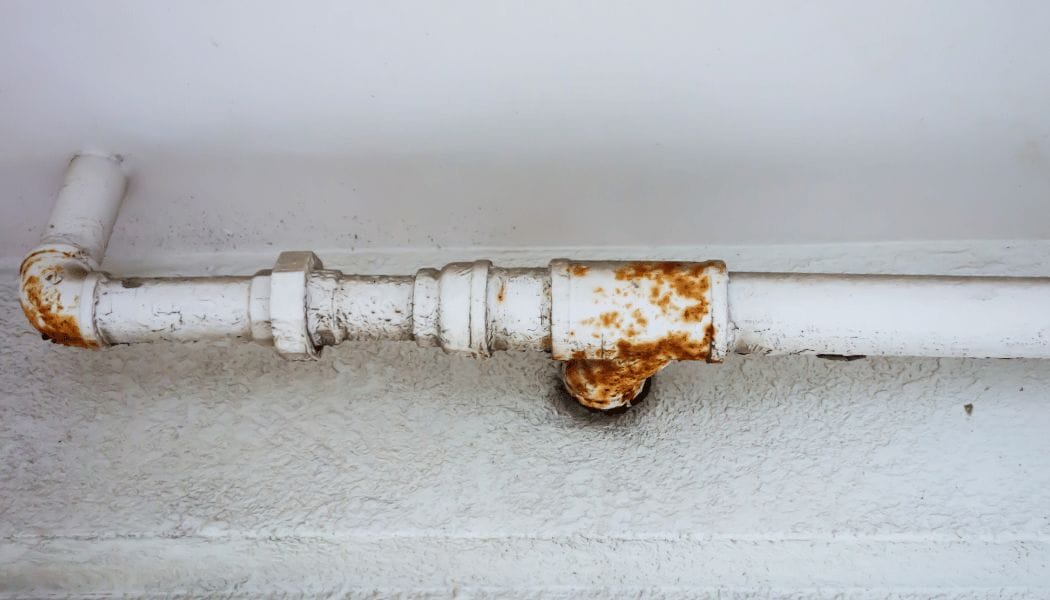
Harmful Effects of Water Pipe Corrosion
Water must be consumed without any contaminants in it. It must be tasteless, colorless, and odorless to tell that it is safe to drink. Any impurities that change any of the characteristics of pure water except maybe lemon are harmful to your body. These are the potential risks of rusted pipes in your home:
1) Contaminants:
Rusted pipes are capable of releasing harmful contaminants into the water that passes through. Metal particles and rust can mix with the water posing health risks of various sorts when consumed.
2) Affects the taste of water:
Elements like manganese and iron can alter water to taste metallic. Your body does need iron but not in this form, trust me. Constant intake of metallic water can also harm your internal organs and you might notice yourself falling sick more often than before.
3) Microbial contamination:
A corrosive environment is like a haven for microorganisms and bacteria to thrive. This can lead to waterborne diseases if consumed directly without treating the water.
Dealing with Corrosion in Water Pipes
Depending on how serious the corrosion is, there are different levels of fixes ranging from water treatments to replacement of the pipe itself. Let us see what can be done to deal with the rusting of pipes:
1) Replacing the pipes:
In cases of extreme corrosion, the best plan of action would be to replace your existing steel or iron pipe system with more modern PVC and PEX pipes. They are corrosion-free as they are made from materials similar to plastic and can withstand high temperatures and weather conditions. Outdoor pipes can easily catch and spread rust if they are made of rustable materials, unlike PVC and PEX pipes.
2) Installing water treatment systems:
Installing a water filtration system or treating the water with chemicals can nullify the effects of rust in water. However, if the pipes are already showing signs of corrosion, this must only be a temporary solution until the pipes can be restored or replaced.
3) Maintenance is mandatory:
Even if your pipes are made out of corrosion-free material, it is important to perform routine maintenance to keep your water safe for consumption. Regular inspections and maintenance can keep your corrosion problem from getting worse and keep the rusting in check. It will greatly contribute to increasing the lifespan of your pipes, saving you a lot of time and money.
4) Install corrosion inhibitors:
Consider treating your pipes with corrosion inhibitors. They add a protective layer on the insides of the pipes to prevent any further corrosion from moisture and keep your pipes healthy. If your pipes are already showing signs of corrosion, this would prevent any further deterioration of your pipes due to rust.
Conclusion
One major issue that could jeopardize our water supply's safety and purity is corrosion in the water pipes. It is important to prioritize our health by identifying the symptoms of corrosion and taking preventative action. Through the use of water treatment techniques, routine maintenance procedures, and the purchase of contemporary, corrosion-resistant materials, we can guarantee that the water passing through our pipes is pure and safe to drink. Acting today will ensure the future of our water quality; let's not wait for obvious evidence of degradation.

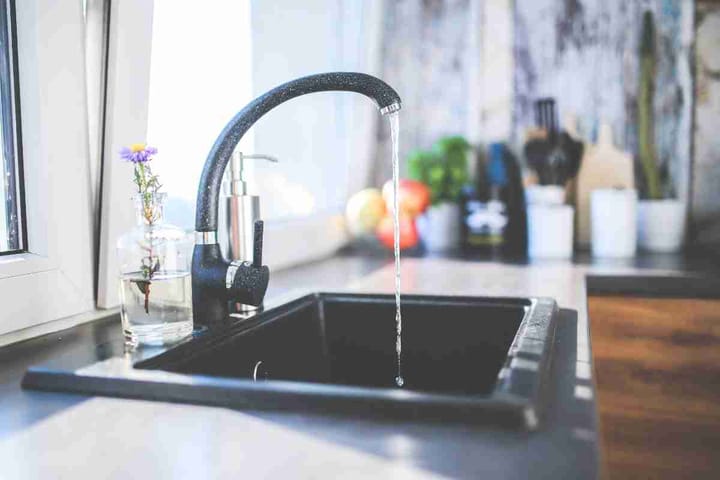
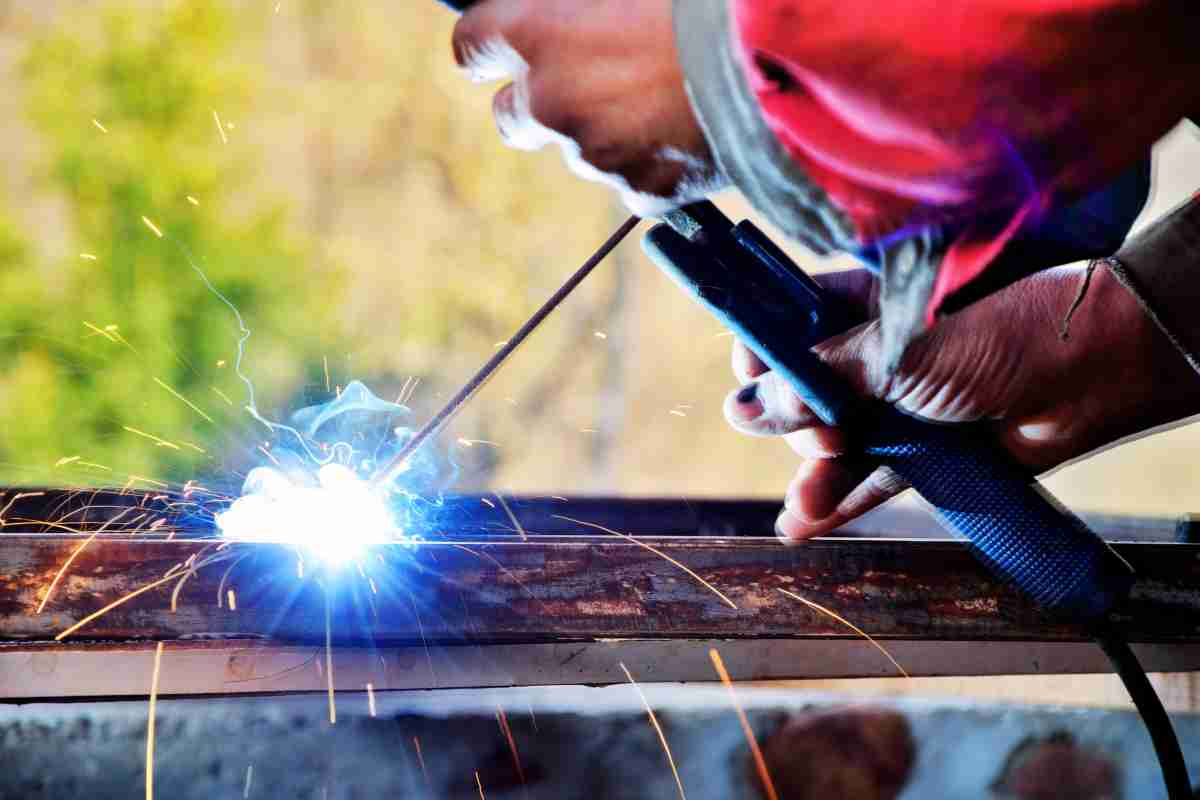
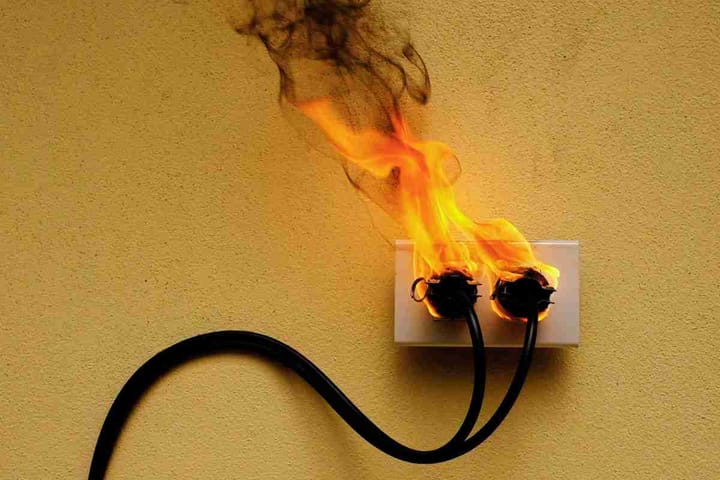
Comments ()